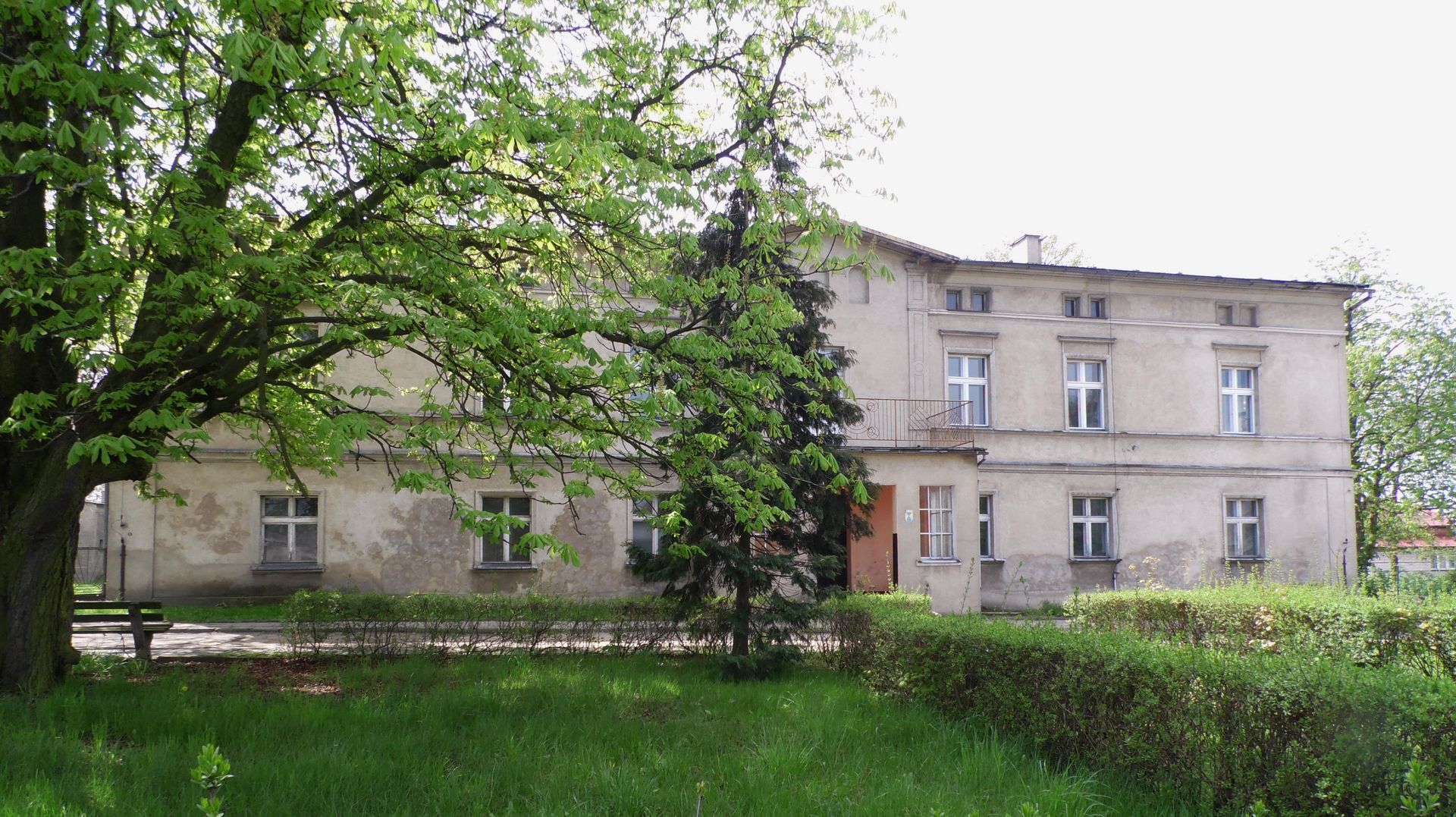Log
6.67

Overview
Kłoda is a village located in the Greater Poland Voivodeship, within the municipality of Rydzyna, with historical roots dating back to the Middle Ages. It has existed since the 15th century and was originally owned by the noble families of the Czernińskis and Rydzyńskis. Over the centuries, a manorial and economic network developed in the area occupied by the village, elements of which have survived to this day, including preserved farm buildings. An interesting architectural feature is the mid-19th-century manor house, built of brick with distinctive details, and a granary from the second half of the 19th century. Kłoda also boasts a historic landscape park with pedunculate oaks and chestnut trees. The village is home to the Church of the Nativity of the Blessed Virgin Mary, whose history dates back to 1519. However, after a series of transformations and destructions, including a fire, only a cemetery chapel with a miraculous painting remains today. The founding of the church also aimed to establish a shelter for the elderly, reflecting a concern for the local community. Interestingly, Kłoda was the site of the first battles of the Greater Poland Uprising in 1919 and housed a branch of a prisoner-of-war camp during World War II. After the war, Kłoda underwent various reforms, including conversion into a State Agricultural Farm. The village was also home to Hubert Hofman, Poland's most famous homeless person, known for media controversies. Despite numerous changes and historical turmoil, the village has preserved its traditions and unique cultural and architectural heritage, making it an interesting point on the map of Greater Poland.
Location
2026 Wizytor | All Rights Reserved